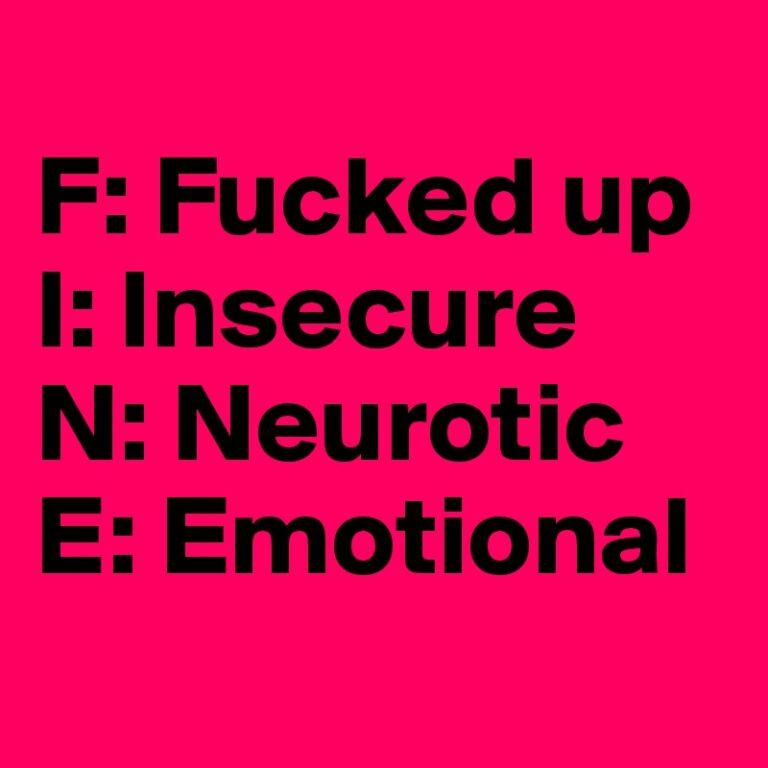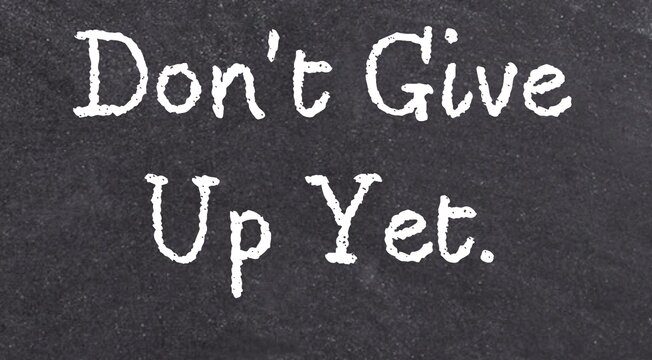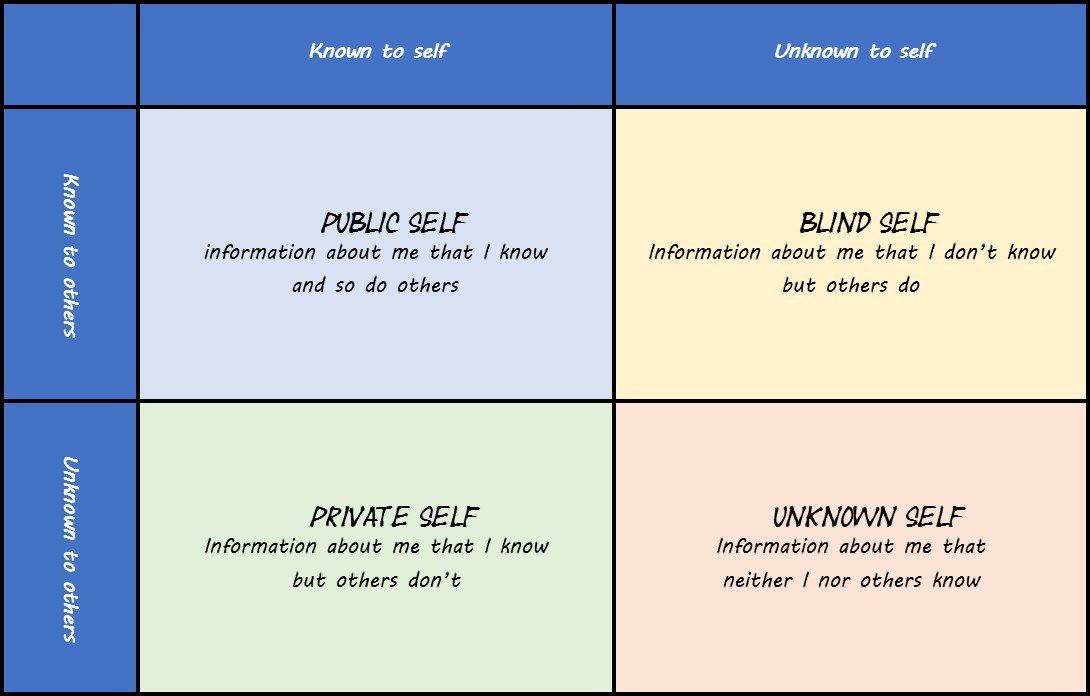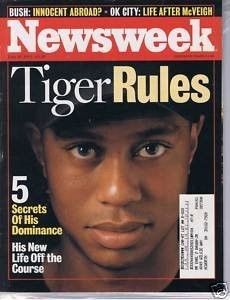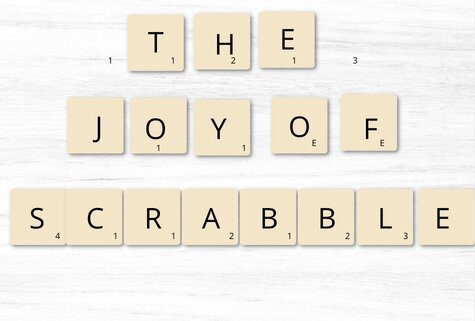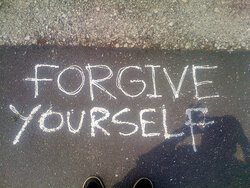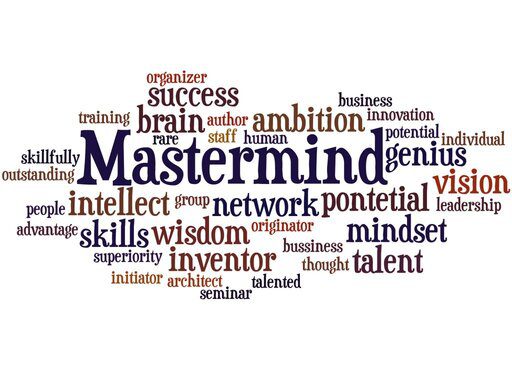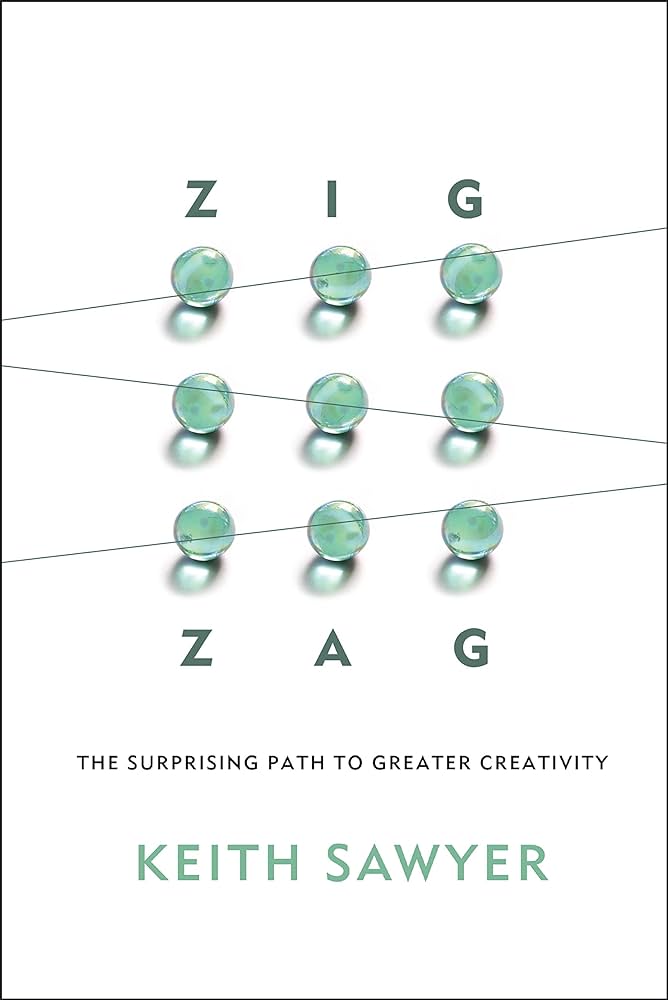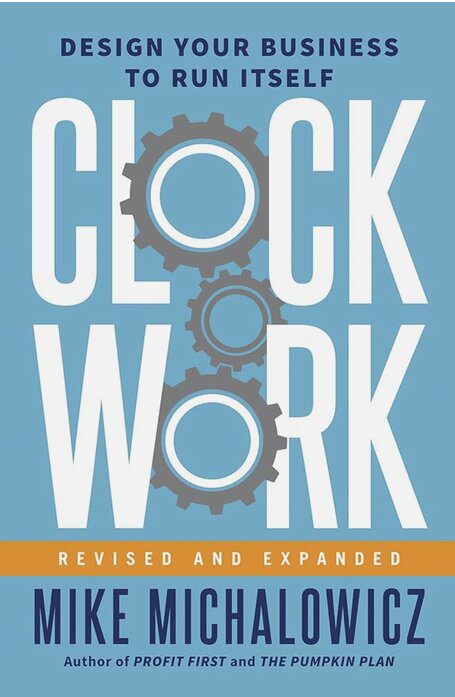American essayist and philosopher Ralph Waldo Emerson once said, “What you do speaks so loud that I cannot hear what you say.” Acta Non Verba is a Latin phrase that means Acta (Action), Non (Not) Verba (Words), which translates also to Deeds, not Words. To achieve anything worthwhile in life, you have to take the necessary action steps to complete your set objectives. As Sir Isaac Newton stated in his first law of motion, “An object will not change its motion unless a force acts on it.” Nothing moves until you move; to get the results you have never obtained, you must do what you have never done. As the saying goes, Motivation gets you started, but Self-Discipline keeps you going.
The term Fucked-up, Insecure, Neurotic, and Emotional was popularised by the rock band Aerosmith, it was the second track on the band’s 1989 album Pump. It is also used in rehabilitation programs such as Alcoholics Anonymous and Narcotics Anonymous as a phrase to describe the feeling of life being out of control and constant chaos. In the movie, “The Italian Job,” FINE is described as “freaked out, insecure, neurotic, and emotional.”

Other references to the FINE acronym in popular culture include A scene from the British crime drama television series Happy Valley (series 1 episode 4), also referenced in the American slasher film Scream 2 and the 2018 American superhero movie Deadpool 2; the following scene unfolds:
“There can be no success without enthusiasm. The secret of a full life is lots of enthusiasm, the kind that keeps you fighting and winning overall obstacles-and enjoying every minute of it.” – Alfred Krebs
Enthusiasm is derived from the Greek ἐνθουσιασμός from ἐν (en, “in”) and θεός (theós, “god”), meaning “inspired or possessed by [a] god.” It can also refer to a person possessed by God or exhibited intense piety. To be enthused means to be interested in something, a subject or an activity. The Prime Minister of the United Kingdom during the Second World War, Winston Churchill, once quipped, “Success is the ability to go from failure to failure with no loss of enthusiasm.” Not losing one’s enthusiasm when the challenges, vicissitudes, trials and tribulations of life arise is one of the hallmarks of highly successful people.
“Nobody grows old merely by living a number of years. We grow old by deserting our ideals. Years may wrinkle the skin, but to give up enthusiasm wrinkles the soul.” – Samuel Ullman
Life can be challenging most of the time; the storms of life are always coming; it is either this or that, and it can sometimes feel overwhelming. Losing a loved one, getting laid off, getting divorced, dealing with a medical condition, and managing various life stressors can result in a loss of enthusiasm. Having the mental fortitude and strength to withstand whatever life throws at us is a skill set that needs to be continuously cultivated and harnessed. To maintain your enthusiasm, never let success get to your head and do not let failure get to your heart. Whatever will go wrong will eventually go wrong (Murphy’s Law). The key to navigating the roller coaster of life is to accept the impermanence of life radically and have some compassion for yourself.
“If you have passion, there is no need for excuses because your enthusiasm will trump any negative reasoning you might come up with. Enthusiasm makes excuses a nonissue.” – Wayne Dyer
In his bestselling book, Atomic Habits: An Easy & Proven Way to Build Good Habits & Break Bad Ones, author James Clear writes about a powerful tool called the implementation-intention tool, which is a great tool for achieving and starting new habits. He writes:
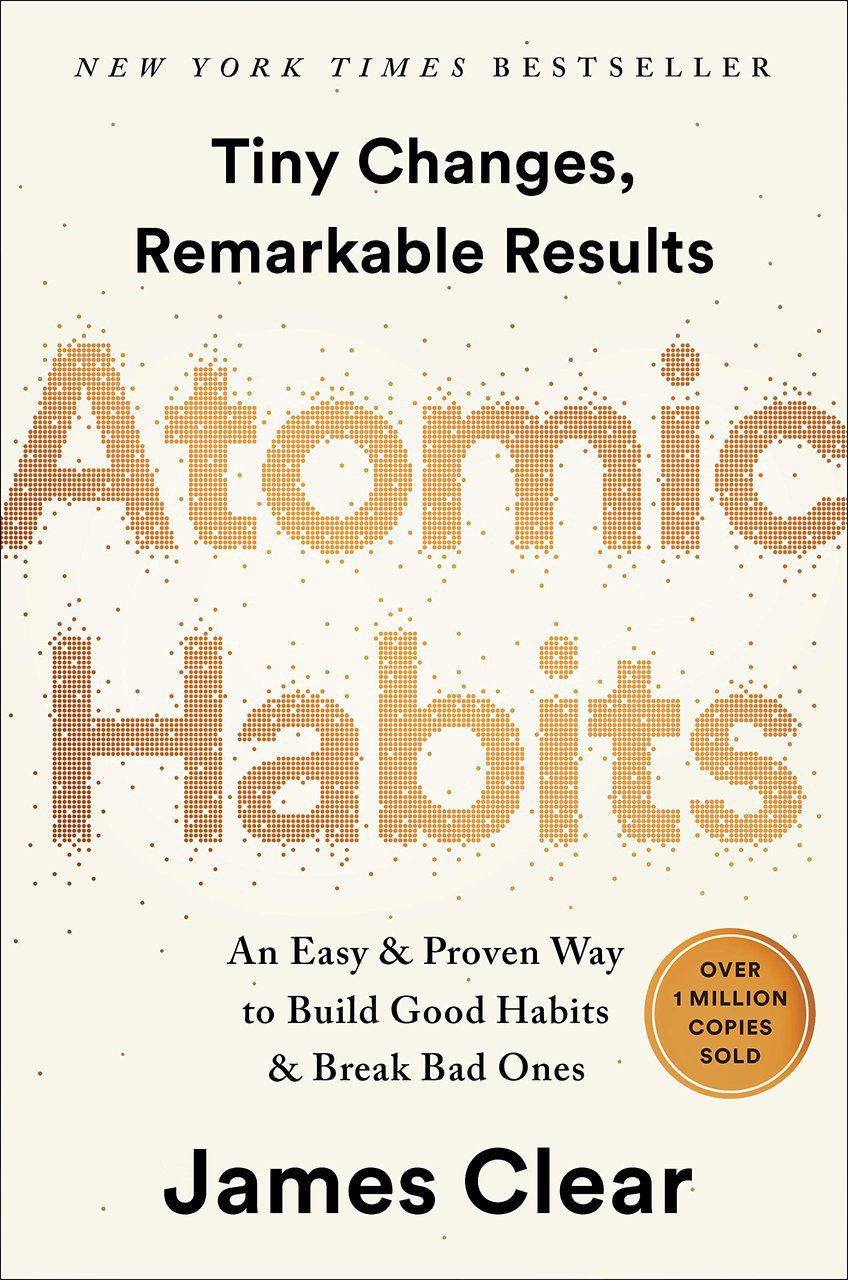
IN 2001, RESEARCHERS in Great Britain began working with 248 people to build better exercise habits over the course of two weeks. The subjects were divided into three groups.
- The first group was the control group. They were simply asked to track how often they exercised.
- The second group was the “motivation” group. They were asked not only to track their workouts but also to read some material on the benefits of exercise. The researchers also explained to the group how exercise could reduce the risk of coronary heart disease and improve heart health.
- The third group received the same presentation as the second group, which ensured that they had equal levels of motivation. However, they were also asked to formulate a plan for when and where they would exercise over the following week. Specifically, each member of the third group completed the following sentence:
“During the next week, I will partake in at least 20 minutes of vigorous exercise on [DAY] at [TIME] in [PLACE].”
In the first and second groups, 35 to 38 percent of people exercised at least once per week. (Interestingly, the motivational presentation given to the second group seemed to have no meaningful impact on behavior.) But 91 percent of the third group exercised at least once per week—more than double the normal rate.
The Implementation Intention is a plan you make beforehand about when and where to act.
The Johari Window is a visual framework for understanding your conscious and unconscious biases. It is a tool that helps you know yourself, how people see you, relationship dynamics, and your blind spots. It was invented in the 1950s as a tool for mapping personality awareness. The Johari Window was created by two psychologists, Joseph Luft and Harrington Ingham. The name Johari is derived from the combination of the first names of the creators: Joseph and Harrington.
The model is a 2×2 grid, which represents things that a person knows about themselves on one axis and things that others know about them on the other axis. By plotting the levels of self-knowledge and the knowledge held by others, the person can develop a greater understanding of their personality and how others perceive them.
In 2001, writer and former editor at Newsweek Devin Gordon wrote a profile about American professional golfer Tiger Wood which is still as relevant as ever. I first became aware of the Newsweek article by listening to Ed Mylett Podcast. Ed considers the article to be one of the most impactful articles that he has ever read and he has carried the physical magazine with him for 25 years. I agree with Ed, the article is really good as it contains five strategies for dominating in life and career.
Three years younger than Michael Jordan when he won his first NBA title, Woods is emerging as the best of an elite crop of athletes: the dominators. Obviously, stars like Tiger are supremely gifted physically, but it goes well beyond that: dominators possess uncommon emotional control and unlimited reservoirs of passion. What makes these athletes so much better than even the finest in their sport? NEWSWEEK asked a dozen true dominators–Wayne Gretzky, Martina Navratilova, Joe Montana, Jordan (a close friend of Woods’s; following story), and more–what it takes to be the best of the best.
I watched the movie Akeelah and the Bee, which is a 2006 American drama film about Akeelah played by Keke Palmer, an 11-year-old girl who participates in the Scripps National Spelling Bee and eventually wins the competition. Akeelah’s mother in the movie was played by Angela Bassett (one of my favorite actresses) and her coach, Dr. Joshua Larabee (Laurence Fishburne). Prior to viewing the Akeelah and the Bee movie, I had been playing Scrabble sparingly but after seeing the movie, I fell in love with the board game called Scrabble. The game was a natural fit for me as I am incurably curious and always looking for an opportunity to get better.
Getting fired from a job is one of the most challenging things to happen to anyone. I was once furloughed from my cybersecurity gig in 2020 during the COVID-19 pandemic, and it was tough going through that experience. Navigating the aftermath of a layoff can be traumatic and lonely as people might begin to act awkward around you like you did something wrong. Some of your so-called friends would desert you like you have a disease, and others would ask you insensitive questions like “What did you do?” and others would not even reach out at all because they did not know what to say. It might not seem like that right now, but your firing is an opportunity for a rebirth, recalibration and a setup for your triumphant comeback.
Life will happen to us all at some point, whether getting fired, getting a divorce, losing a loved one or a health/financial crisis. Anything that can go wrong will go wrong (Murphy’s Law). The key to navigating the vicissitudes of life is to keep the challenge in perspective; nothing lasts forever; this too shall pass, and you will overcome this present storm. As author, Jim Rohn once advised ” “Don’t wish it was easier wish you were better. Don’t wish for less problems wish for more skills. Don’t wish for less challenge wish for more wisdom”.
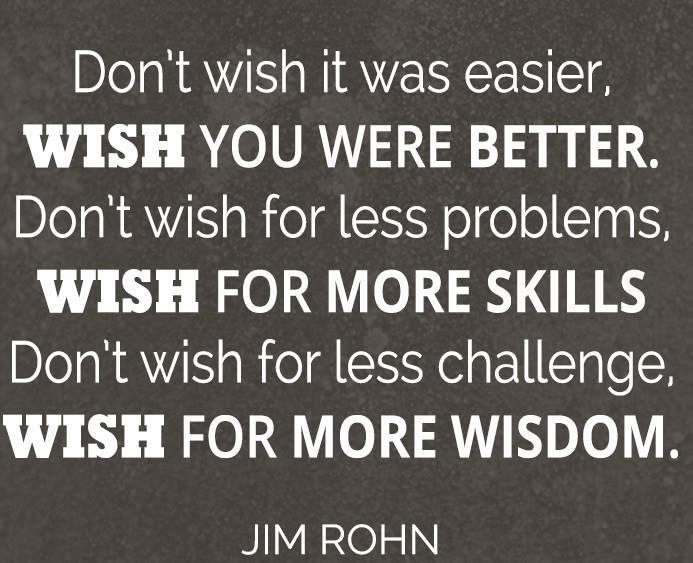
“Between stimulus and response there is a space. In that space is our power to choose our response. In our response lies our growth and our freedom.”
You are going to be called names, the closest people to you are going to tell you that your ideas would not work, people are going to be mean to you for no particular fault of yours, and you are going to be stereotyped because of your gender, religion, or race. In the age of social media, we have become more unkind to each other, shutting each other up, and not listening to each other is the new norm. Learning to filter out the noise and tune into the frequency you want to listen to, is an act of self-discipline. People are going to try to hurt you with their words and actions but always remember that “It is not what you hear, it is what you listen to.” As the Austrian psychiatrist, Holocaust survivor, and author of Man’s Search for Meaning, Viktor Frankl once said “Between stimulus and response there is a space. In that space is our power to choose our response. In our response lies our growth and our freedom.”
It takes someone who is hurt to try to hurt someone else, hurt people hurt people. Most people are going through a lot of things that you know nothing about, behind those smiles is someone that is using their hurt as a cry for help. When people say nasty things or do things that try to hurt you or bait you for reaction, remember the words of the Roman emperor and Stoic philosopher
Marcus Aurelius who said:
“When you wake up in the morning, tell yourself: the people I deal with today will be meddling, ungrateful, arrogant, dishonest, jealous and surly. They are like this because they can’t tell good from evil. But I have seen the beauty of good, and the ugliness of evil, and have recognized that the wrongdoer has a nature related to my own – not of the same blood and birth, but the same mind, and possessing a share of the divine. And so none of them can hurt me. No one can implicate me in ugliness. Nor can I feel angry at my relative, or hate him. We were born to work together like feet, hands and eyes, like the two rows of teeth, upper and lower. To obstruct each other is unnatural. To feel anger at someone, to turn your back on him: these are unnatural.”
You are doing the best you can based on your present level of awareness, be gentle on yourself: You are doing your best with the resources you have. If you cannot forgive yourself for your past mistakes and transgressions, it is going to be hard to forgive others if you don’t forgive yourself. We are often hard on ourselves for our past mistakes and errors, we forget that we are human sometimes. We even find it easier to forgive others than to forgive ourselves. Everyone’s life is different, and we are all doing our best. “Our best” today may not be “the best there is,” but it’s the best we can do today. Which is strange. And yet true. And could draw us down into helplessness and isolation if we don’t stay anchored. And the way we stay anchored is with gratitude. 1
I first got exposed to the concept of the mastermind from reading the classic book, Think and Grow Rich by Napoleon Hill. He describes the mastermind as the “Coordination of knowledge and effort, in a spirit of harmony, between two or more people, for the attainment of a definite purpose.” In the past couple of years, I tried forming a mastermind with some friends but we were not able to stay consistent with it as life happened to us all. I have recently been exploring and seeing firsthand the power of the mastermind in my goal-setting journey.
Mastermind – Coordination of knowledge and effort, in a spirit of harmony, between two or more people, for the attainment of a definite purpose.
In Zig Zag: The Surprising Path to Greater Creativity, Creativity, and Innovation Researcher Keith Sawyer identifies the eight stages of the creative process and contains over 100 techniques to enhance your personal creativity.
Neuroscience and psychology have proven that all human beings unless their brain has been seriously damaged, possess the same mental building blocks that inventive minds stack high to produce works of genius. That creative power you find so breathtaking when you see it tapped by others, lives just as surely within you. You only have to take out those blocks and start playing with them.
Life will happen to us all at some point; whatever will go wrong will eventually go wrong. When things go wrong like they often do, seeing the big picture and the end in mind can be extremely tough. Rejection is a part of life, especially when stretching, aiming beyond your comfort zone and trying to get things done. It is not how often you fall but the ability to get back up when you fall that counts. Most of our rejections are opportunities to recalibrate, restrategize, and dig deep to solve the situation. Fear of failure and rejection kills a lot of dreams and is one of the primary reasons that most of us don’t get started in the first place. Until you change your relationship with rejection and get comfortable with failure, success will be hard to achieve.
“The graveyard is the richest place on earth, because it is here that you will find all the hopes and dreams that were never fulfilled, the books that were never written, the songs that were never sung, the inventions that were never shared, the cures that were never discovered, all because someone was too afraid to take that first step, keep with the problem, or determined to carry out their dream.” – Les Brown
In Clockwork, Revised and Expanded: Design Your Business to Run Itself, small business author Mike Michalowicz provides a step-by-step method for getting more done by doing less – making it easier than ever to have your business run itself. Mike suggests that the four-week vacation is the ultimate acid test for a business that runs itself.
There are three stages in a business’s life that every successful entrepreneur experiences. Stage one is when you are scratching your head thinking about starting a business, stage two is surviving the startup stage, and stage three is the growth stage.
You fought a very steep battle to get here on earth with the millions of sperm cells you had to navigate to get made. No one might not have told you of late, but you are specially made, uniquely positioned, and here to make your greatness felt. You are not here to drop two or three kids, work in multiple corporations, get old and DIE. Most of us will not live a life based on how we want it to be, but it is never too late to be who we are. You might have forgotten how special and unique you are due to the vicissitudes of life; the trials and tribulations have gotten you into a funk. It is part of the human experience; life is about learning to suffer with grace because if you don’t handle the challenges of life with grace, they will stay in your face.
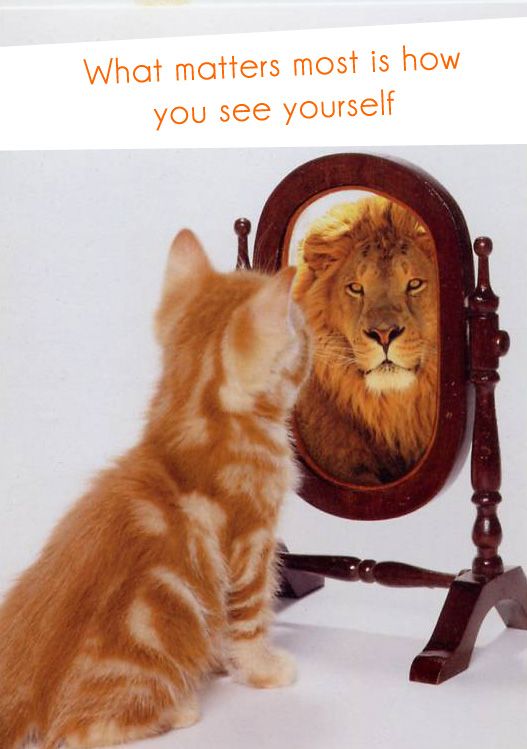
What you are going through right now, no matter how tough they might seem, is not who you are. You are one of a kind; there is no one like you, and there will never be anyone like you. You are here for a special mission to make epic shit. You are a force of life who might have forgotten your essence, but the beauty of life is that you have the remote control in your hands. By making the right choices, you can change the direction of your life and alter its course at any time. American philosopher William James once quipped, “The greatest discovery of my generation is that a human being can alter his life by altering his attitude.“

